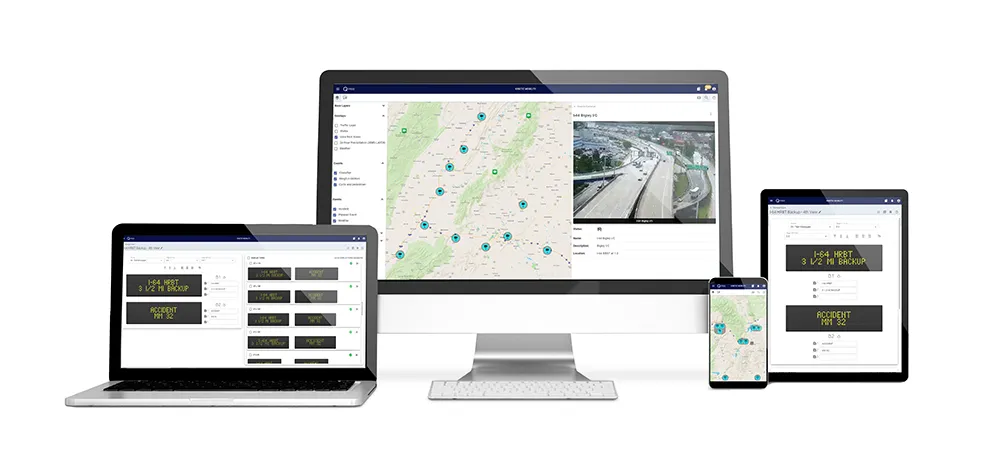
Canonical has announced the general availability of real-time Ubuntu, the open source software Linux operating system (OS).
Ubuntu 22.04 LTS, designed to deliver ultra-low latency for applications such as safe operation of connected and autonomous vehicles (C/AVs), is based on the 5.15 version of the Linux kernel.
Canonical, which works with partners including Intel, NVIDIA and Arm, says integrating the PREEMPT_RT patches for x86 and Arm architectures makes the kernel more preemptive than mainline Linux.
Mark Hambleton, vice president of open source software at computing architecture specialist Arm, says: “The commercial availability of real-time Ubuntu on Arm demonstrates the power of open source collaboration and benefits the entire Arm ecosystem across the computing spectrum, from cloud to edge."
“As a global leader in AI we are focused on delivering accelerated hardware and software that power the intelligent edge,” said Justin Boitano, VP of Enterprise and Edge AI at NVIDIA.
“From vision AI and 5G to robotics and autonomous vehicles, many of the solutions we develop rely on a real-time OS for ultra-low latency with end-to-end security."
Real-time Ubuntu "will accelerate these markets", he adds.
Arno Van Huyssteen, Telco Field CTO at Canonical, says: "In-house provision of fixes, security patches, kernel module integration, and operating system platform testing can be cost-prohibitive for organisations, so leveraging Canonical's expertise and support, ensures customers can achieve their business objectives while realising economic benefits and investment returns from an open source adoption strategy, without compromises."
Canonical says its over-the-air updates and long-term security maintenance for real-time Ubuntu means OEMs and Tier 1 suppliers "can shape their software-defined vehicle strategies around safe and secure open-source solutions".
In a separate move, Elektrobit and Canonical have launched EB corbos Linux, which is built on Ubuntu.
The companies say it provides OEMs and Tier 1 suppliers "with the benefits and flexibility of an open-source operating system for developing electronic control units (ECUs) in software-defined vehicles".









